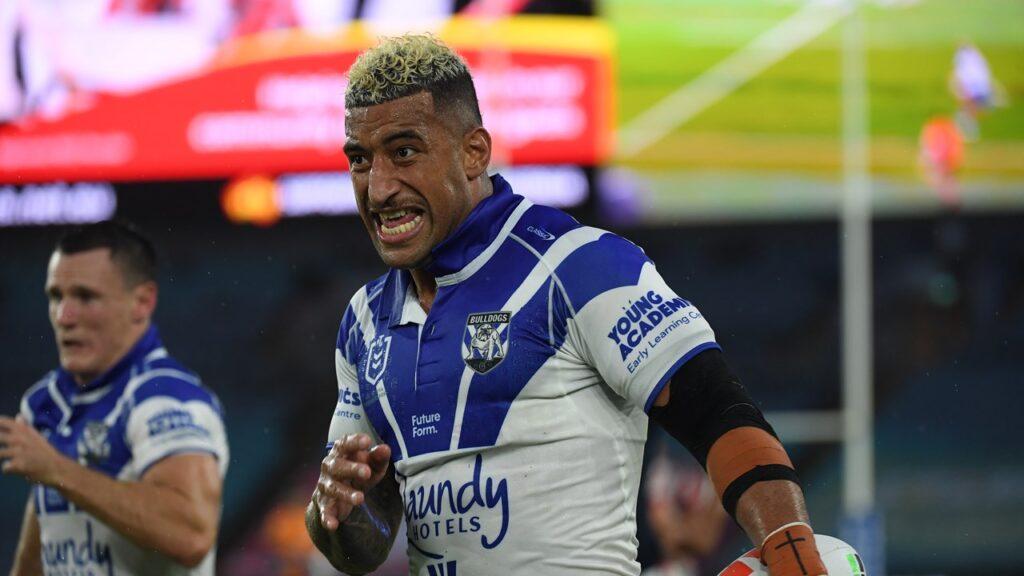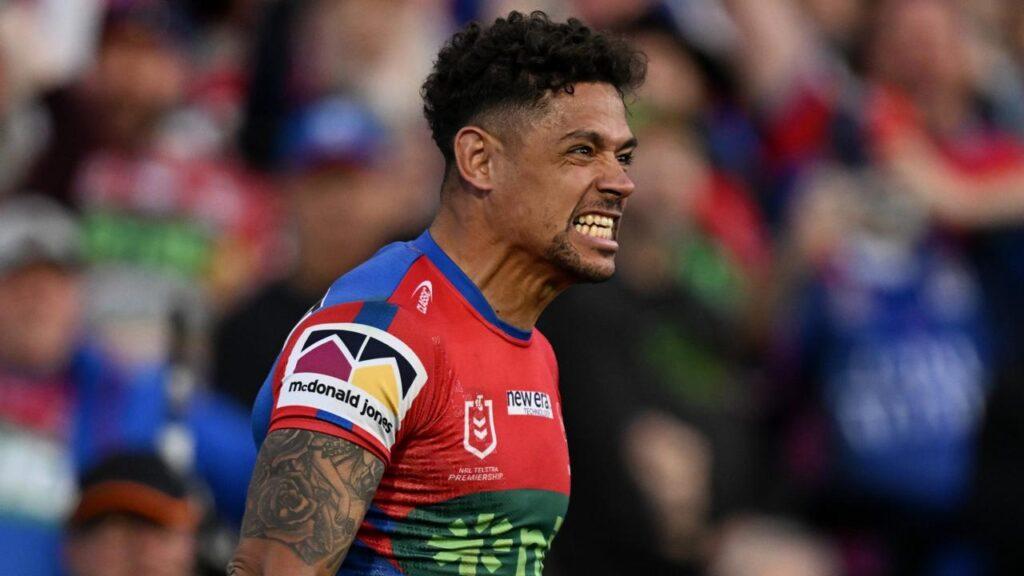
Strategy Playbook: What’s your plan moving forward?
We take a deep dive into the relevant weekly strategies to help you with your NRL SuperCoach trade tactics.
06/04/2021Discussion (0)
Related /

NRL
Positional Watchlist: NRL Supercoach Round 18 Rising and Falling Player Stocks
Tuesday

NRL
Positional Watchlist: NRL Supercoach Round 17 Rising and Falling Player Stocks
24/06/2025

NRL
Positional Watchlist: NRL Supercoach Round 16 Rising and Falling Player Stocks
17/06/2025

NRL
Positional Watchlist: NRL Supercoach Round 15 Rising and Falling Player Stocks
10/06/2025

